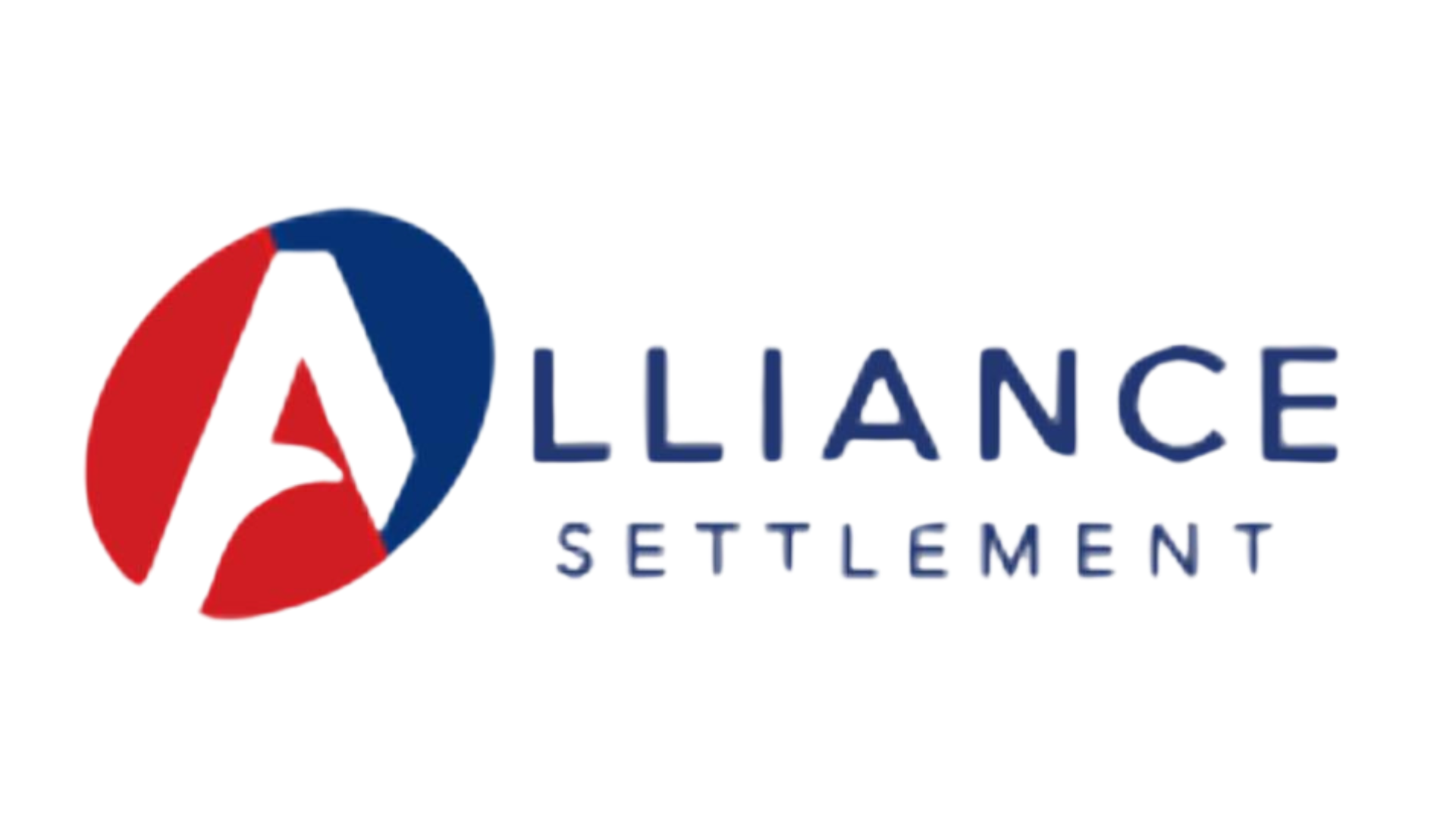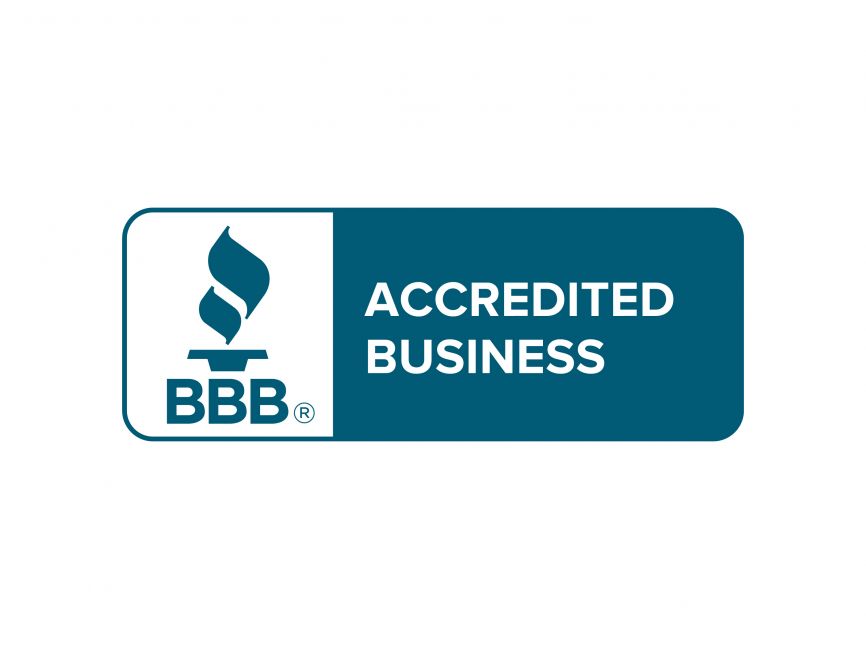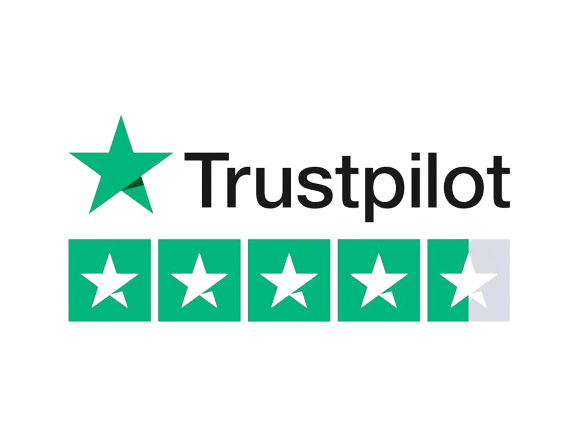Successfully Completed Debt Settlement? Here’s What Comes Next
Completing a debt settlement is a major milestone, but staying debt-free requires a solid financial plan. Without proper budgeting, it’s easy to fall back into overspending habits and accumulate new debt. To ensure long-term financial stability, you need a strategic post-settlement budget.
This guide will walk you through the essential steps to managing your money wisely and securing your financial future.
Why Budgeting is Essential After Debt Settlement
Budgeting is the key to maintaining financial freedom. Without a structured plan, it’s easy to lose track of spending and make financial mistakes. Here’s why post-settlement budgeting is crucial:
- Take control of your finances – A budget helps you prioritize essential expenses.
- Avoid unnecessary debt – Prevent new debt accumulation with smart spending.
- Achieve financial goals – Allocate funds toward savings, investments, or major purchases.
- Build an emergency fund – Prepare for unexpected expenses without relying on credit cards.
Steps to Build a Post-Settlement Budget
1. Assess Your Financial Situation
Start by calculating:
- Total monthly income (salary, side income, benefits, etc.).
- Fixed expenses (rent, utilities, insurance, loan payments).
- Variable expenses (groceries, transportation, entertainment).
Understanding where your money goes is the first step in creating a sustainable budget.
2. Track Your Spending
📌 Why it matters: If you don’t track your spending, you won’t know where to cut back.
Use budgeting apps or bank statements to monitor expenses. ✔ Identify unnecessary spending and adjust your habits accordingly. ✔ Stay accountable by reviewing your weekly or monthly spending patterns.
3. Set Clear Financial Goals
Having well-defined goals keeps you motivated and disciplined.
Examples of smart financial goals:
- Build an emergency fund (3-6 months’ worth of expenses).
- Save for a home or a major purchase.
- Invest for retirement or other long-term needs.
- Pay off any remaining debts.
4. Prioritize Needs Over Wants
Separate essential expenses from discretionary spending.
Needs: Housing, food, transportation, utilities.
Wants: Dining out, shopping, entertainment.
Cutting back on non-essential expenses allows you to build savings faster and maintain financial stability.
5. Follow the 50/30/20 Rule
This popular budgeting method divides your income into three categories:
✔ 50% – Needs: Rent, groceries, insurance, and bills. ✔ 30% – Wants: Hobbies, dining out, subscriptions. ✔ 20% – Savings/Debt Repayment: Emergency fund, investments, extra payments on remaining debts.
💡 Adjust these percentages based on your specific financial situation.
6. Build an Emergency Fund
An emergency fund prevents you from falling back into debt when unexpected expenses arise.
📌 Goal: Save 3-6 months’ worth of living expenses.
📌 Tip: Start small—set aside a portion of each paycheck until you reach your goal.
7. Automate Payments & Savings
Automation ensures consistency and prevents financial slip-ups.
- Set up automatic bill payments to avoid late fees.
- Schedule automatic transfers to your savings account.
- Use auto-pay for minimum credit payments (if applicable).
8. Monitor and Adjust Your Budget
Budgeting isn’t a one-time task—it requires regular updates.
- Review your income and expenses monthly.
- Adjust for unexpected changes (job loss, medical expenses, new financial goals).
- Stay disciplined, but allow flexibility for life changes.
The Future of Personal Finance & Budgeting Tools
With financial technology evolving, staying debt-free is easier than ever. AI-powered budgeting tools and automated financial planning help track expenses and identify savings opportunities. Staying informed about new financial strategies will improve your ability to manage money effectively.
Take Control of Your Financial Future
Debt settlement is only the beginning—smart budgeting ensures long-term financial success.
- Create and stick to a realistic budget
- Avoid unnecessary debt and control spending
- Build an emergency fund for financial security
- Use technology and automation to stay on track
Take charge of your finances today and stay debt-free for good!










